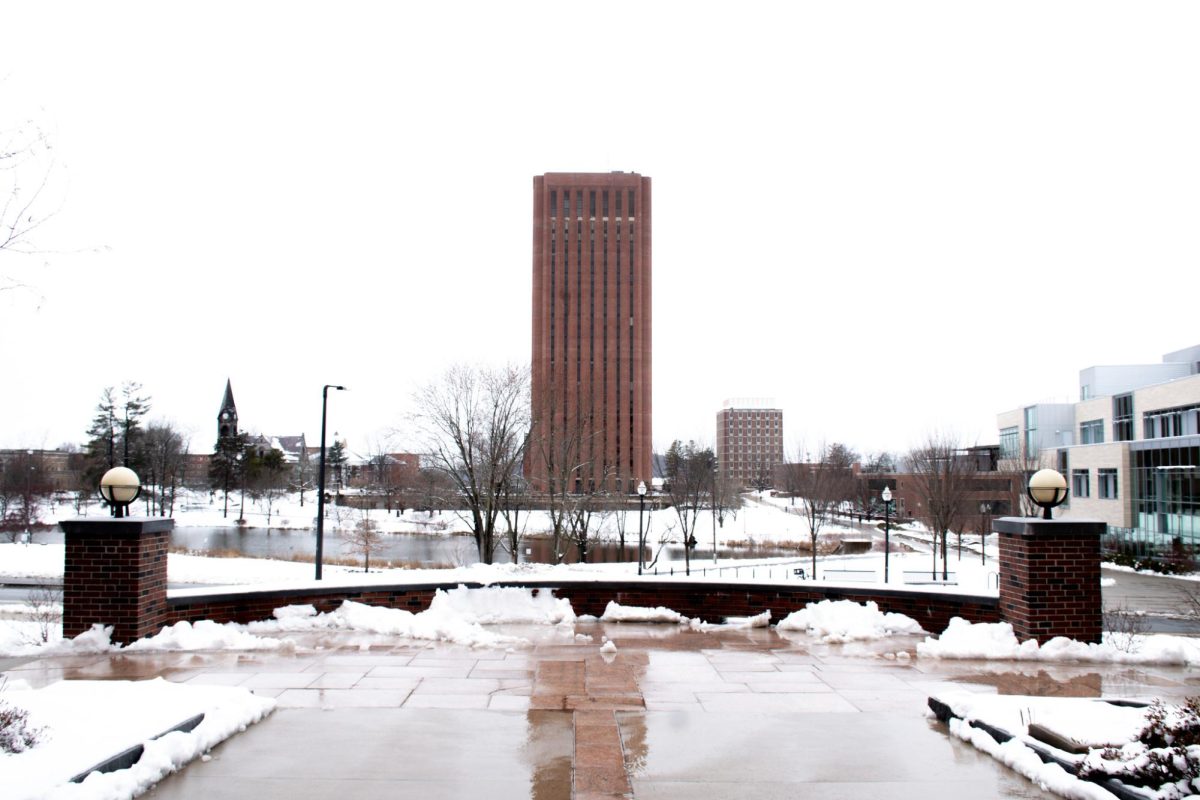Some people warn that the current state of the nation and its apparent trajectory into the 21st century signals the coming of the end of American economic and political dominance. I say, we’re already there.
Simon Johnson, former chief economist at the International Monetary Fund (IMF), wrote a piece in The Atlantic Monthly claiming that our economic problems resemble, with stunning precision, those typically found in emerging-market oligarchs, where the lines between business and government, private and public, is less than obvious to say the least.
‘Emerging-market oligarchs get carried away,’ Johnson said. ‘They waste money and build massive business empires on a mountain of debt. Local banks, sometimes pressured by the government, become too willing to extend credit to the elite and to those who depend on them ‘hellip; sooner or later, credit conditions become tighter and no one will lend you money on anything close to affordable terms.’ Sound familiar?
The public-private partnerships, the corrupt, tightly bonded brotherhood between big business and government, helped lead to this current economic crisis in that these corporations and financiers did their bidding and reckless gambles with the implicit backing of government. Turns out it wasn’t so implicit.
What’s worse is that, now that they’ve all gone under, they are using their influence, much of it manifested from lavish campaign contributions and back-door deals, to direct the way the government deals with this crisis. All these transparency-lacking bailouts and Federal Reserve ‘quantitative easing’ that Barack Obama and his corrupt minions in Congress claim are absolutely necessary, directly serve the interest of the business elite.
Sen. Dick Durbin, a powerful Senate Democrat, let something slip while being interviewed on a Chicago radio station. Speaking of the difficulty in getting Congress to back bankruptcy reform, he said that banks, being among the most powerful lobbies on Capitol Hill, ‘frankly own the place.’
Politicians are trained professionals in the art of lying through omission, but once in a while they apparently slip up.
But of course, he’s right. Just last week a staffer of Barney Frank, who is chairman of the House Financial Services Committee and a Democrat, gained employment as top Goldman Sachs lobbyist. This is just another day in Washington though ‘- small potatoes.
The architect of the original bailout plan, Treasury Secretary Hank Paulson, was, of course, the former CEO of Goldman Sachs. Larry Summers, a leading engineer of the Obama administration’s economic policies, receives a regular flow of cash from the corporations now receiving taxpayer booty.
The New York Times recently reported that, while he was head of the New York Federal Reserve, current Treasury Secretary Tim Geithner ‘forged unusually close relationships with executives of Wall Street’s giant financial institutions’ and ‘his actions, as a regulator and later a bailout king, often aligned with the industry’s interests and desires, according to interviews with financiers, regulators and analysts and a review of Federal Reserve records.’
He typically dined with top executives of Citigroup, Goldman Sachs, Morgan Stanley and JP Morgan Chase. And these are the guys for whom he is now constructing bountiful bailouts.
Despite all this, which is terribly obvious to even the amateur follower of current events, liberals and conservatives alike applaud the government’s recent attempts at so-called recovery as necessary and heroic ‘- the only option to save the economy.
The increase in government involvement in the economy has been a fact for a long time now. But, recent events have upsurged the abandonment of market forces for an all-encompassing government. Governments, not private actors, already own the world’s largest oil companies, and most of the largest private corporations enjoy the kind of special treatment that ensures economic preeminence regardless of performance. State-owned investment portfolios account for one-eighth of global investment, and this figure is increasing.
Ian Bremmer, in Foreign Affairs magazine, wrote that, in place of the free market, ‘has come state capitalism, a system in which the state functions as the leading economic actor and uses markets primarily for political gain.’
This is systemic, says Bremmer, and has introduced massive inefficiencies into global markets as ‘economic power and influence [increasingly transfers] to the central authority of the state.’
These kinds of characteristics of government and markets are typical of emerging countries. They are not usually linked to countries with high rates of prosperity and freedom ‘- much the opposite. Without an abrupt halt to this frightening world of a permanent confluence of government and business ‘- of state capitalism ‘- America will inevitably reduce herself to the lower rungs in the international order of progress, freedom and peace.
John Glaser is a Collegian columnist. He can be reached at [email protected].
‘






